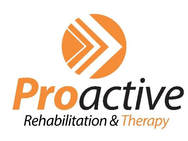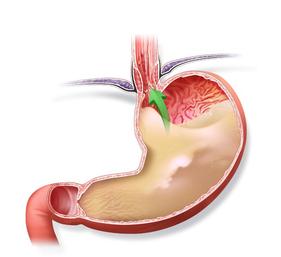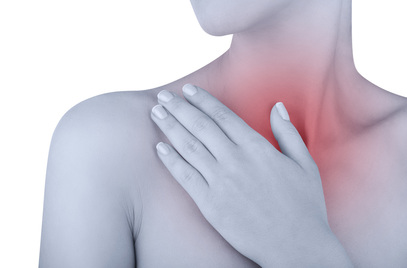Gastroesophageal Reflux Disease
GERD or simply reflux disease is a common disorder of the esophagus. Gastro refers to the stomach and reflux means a back flow. When acid from the stomach escapes upwards it causes damage to the lining of the esophagus.
Determining the cause of GERD is not always clear. However, there is often a lifestyle component such as obesity, food choices, lack of exercise, and smoking that contribute to the development of GERD. Other causes unrelated to lifestyle include: birth defect of the esophageal valve, trauma, a secondary inflammatory disease, or pharmaceutical medications.
The lower esophageal sphincter (LES) is responsible for preventing stomach acid from entering the esophagus. Normally, it opens to allow food to pass into the stomach and then it seals shut. If the LES becomes weakened or seals poorly then the esophagus becomes vulnerable to exposure to destructive digestive fluids.
Lifestyle and pharmaceuticals can directly affect the LES by weakening or irritating it thereby damaging the seal. Avoiding substances, foods, and activities that harm the LES or increase reflux is a major component of GERD treatment.
Acquiring prompt assistance to treat GERD is very important as the pain symptoms not only interfere with quality of life, but are an indication of increased risk of esophageal cancer.
Determining the cause of GERD is not always clear. However, there is often a lifestyle component such as obesity, food choices, lack of exercise, and smoking that contribute to the development of GERD. Other causes unrelated to lifestyle include: birth defect of the esophageal valve, trauma, a secondary inflammatory disease, or pharmaceutical medications.
The lower esophageal sphincter (LES) is responsible for preventing stomach acid from entering the esophagus. Normally, it opens to allow food to pass into the stomach and then it seals shut. If the LES becomes weakened or seals poorly then the esophagus becomes vulnerable to exposure to destructive digestive fluids.
Lifestyle and pharmaceuticals can directly affect the LES by weakening or irritating it thereby damaging the seal. Avoiding substances, foods, and activities that harm the LES or increase reflux is a major component of GERD treatment.
Acquiring prompt assistance to treat GERD is very important as the pain symptoms not only interfere with quality of life, but are an indication of increased risk of esophageal cancer.


